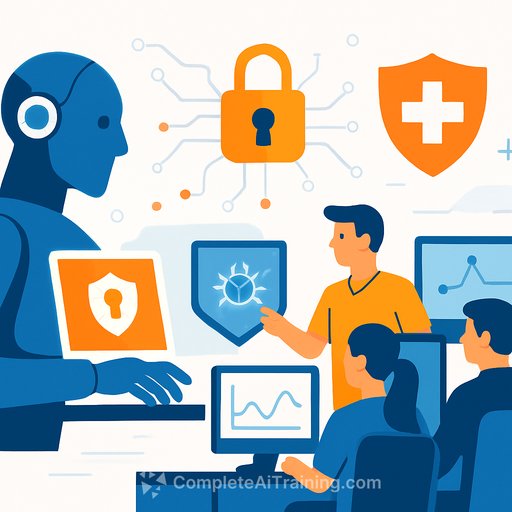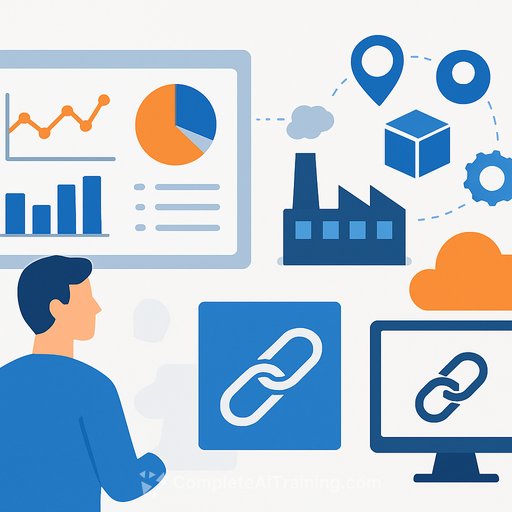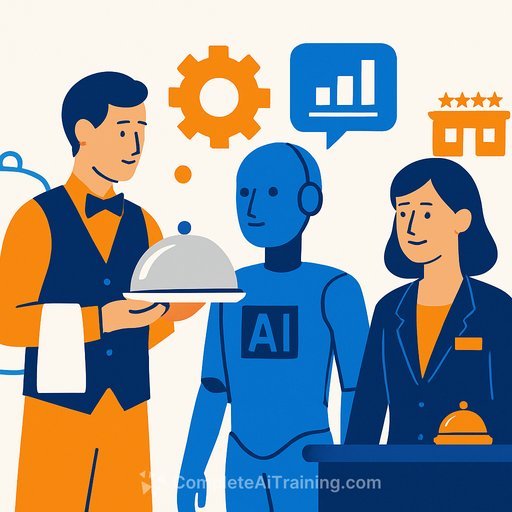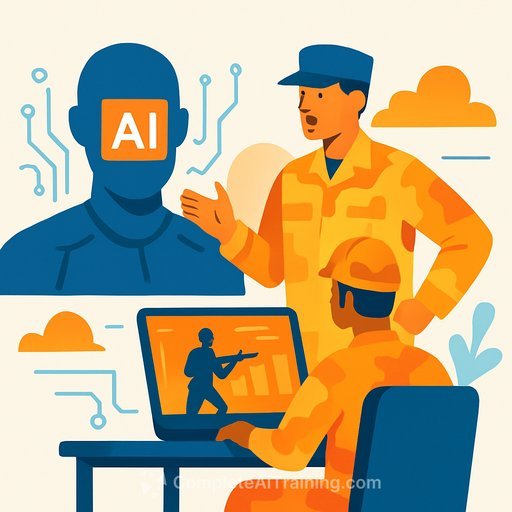Security, AI and SOCs: What Healthcare Operations Need to Know
Artificial intelligence is becoming an essential tool for security operations centers (SOCs) in healthcare. It automates routine tasks, sharpens threat detection, and helps security teams keep pace with attacks that also leverage AI.
For healthcare SOCs, AI acts as a force multiplier. It addresses challenges unique to patient safety, regulatory compliance, and complex environments that include clinical, administrative, and medical Internet of Things (IoT) systems. AI quickly filters through noisy alerts and connects subtle signals across various sources like electronic health records, cloud logs, and endpoints. This ability to link seemingly unrelated events helps stop stealthy, ongoing attacks before they cause harm.
The Role of AI in Modern Healthcare SOCs
Protecting patient data is a top priority in healthcare. AI-powered SOCs have a clear edge against sophisticated cyber threats. AI accelerates investigations and lightens the load on security teams by analyzing large volumes of alerts from multiple tools and environments.
For example, AI can spot suspicious activity, such as a compromised Microsoft 365 account, and automatically disable access within seconds. This machine-speed response reduces breach risks and allows analysts to focus on more complex threats.
Generative and Agentic AI in Healthcare Security
Generative AI transforms raw data into actionable insights. It can summarize incidents in plain language, create containment scripts, and convert technical findings into reports suitable for executives, including regulatory implications.
Agentic AI takes automation further by performing preapproved actions within set limits—like opening tickets, isolating endpoints, or retrieving identity risk data—while keeping humans involved in high-impact decisions. It streamlines incident escalation by using integrated asset inventories, schedules, and playbooks to route incidents to the right teams quickly.
This approach acts like an “on-call copilot” for new analysts, improving response speed, consistency, and decision quality while maintaining compliance. However, AI models and playbooks must be regularly updated to match changes in healthcare IT environments and evolving attack methods. This means healthcare SOCs need to invest differently in their AI solutions than in the past.
Addressing Cybersecurity Workforce Shortages with AI
Healthcare faces severe talent gaps in cybersecurity. AI helps by automating high-volume, low-complexity tasks and supporting existing staff to work smarter. It handles first-pass alert triage, log parsing, evidence gathering, and correlating seemingly normal events to flag real attacks.
AI also generates initial investigation drafts and assigns them to the appropriate personnel, saving analysts time. Additionally, it speeds up onboarding by turning institutional knowledge into searchable, context-aware guides, helping new team members get up to speed faster.
This enables SOCs to operate effectively with fewer Level 1 analysts, freeing senior staff to focus on threat hunting and complex incident response—provided data access and escalation protocols are clear.
Benefits of AI for Analyst Efficiency and Threat Detection
- Automates routine tasks like alert filtering and false positive reduction, increasing analyst productivity.
- Enables faster attack containment through automated response capabilities, reducing workload and burnout.
- Uses extensive threat intelligence to detect sophisticated attack patterns in real time.
- Improves detection accuracy and provides deeper insights into attacker behavior for more decisive responses.
Preparing SOCs for AI-Generated Threats
SOCs must prepare for a growing range of AI-enabled attacks, including social engineering, deepfake audio calls, and phishing campaigns. Regular adversarial simulations using AI tools can reveal weaknesses in both automated and manual defenses.
These exercises help teams stay ahead of new attack strategies and ensure resilience in both human analysts and AI systems. SOCs also need to protect their people, processes, and tools since attackers are increasingly targeting AI dependencies.
The Future of AI-Enabled Cybersecurity in Healthcare
As attackers use AI and automation to launch faster and more complex attacks, healthcare organizations must accelerate the adoption of AI-driven security solutions. The trend will shift from “AI-assisted” to “AI-orchestrated” SOC operations, where autonomous agents manage tools and workflows within policy boundaries, while humans retain control over critical safety decisions.
Detection will become more behavior-based and context-aware, focusing on patient care pathways and device norms to prioritize threats to safety and continuity of care.
With ongoing workforce shortages and a growing attack surface, scalable AI defenses will be essential to maintaining strong security postures. Ultimately, AI empowers healthcare organizations to stay ahead of threats, protect sensitive patient data, and enable security teams to work more efficiently.
For healthcare operations professionals looking to deepen their understanding of AI in security, exploring targeted AI courses can provide valuable skills to navigate this evolving landscape. Consider exploring resources at Complete AI Training to build relevant expertise.
Your membership also unlocks:





